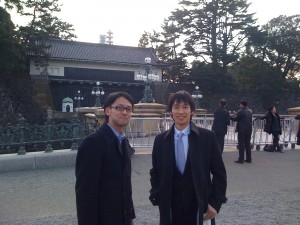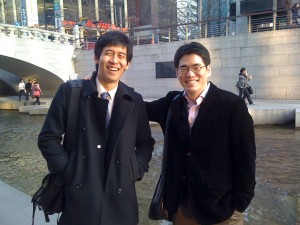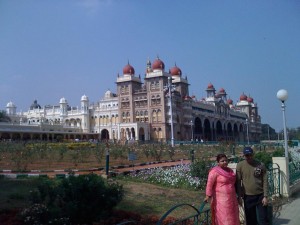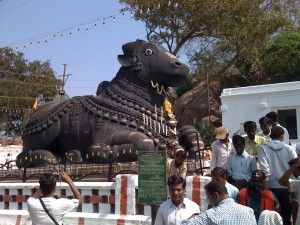This past weekend the Board of Trustees was on campus. Despite the blizzard in the Northeast, trustees managed to get here for key meetings, engaging conversations and for some important decisions. One of the great moments of the weekend was the dinner to honor Wesleyan volunteers. At this celebration I was delighted to announce that Joshua Boger ’73, P ’06, P’09 and Amy Boger, M.D., P’06, P’09 have pledged 12 million dollars to our fundraising efforts. This will establish the Boger Scholarship Program and the Joshua Boger University Professorship of The Sciences and Mathematics. The first recipient of the chair appointment will be David L. Beveridge, professor of chemistry.
Here are some other highlights from the Board’s meetings.
The Campus Affairs Committee has an extraordinarily wide portfolio of concerns. They receive reports on Admissions (plenty of good news there!), co-curricular initiatives and core academic affairs. We discussed some of the current departmental models for assessing student learning and heard a report on the summer session pilot program. This committee also forwarded its recommendation to grant tenure to two stellar young scholar-teachers: Matthew Kurtz in Psychology and Typhaine Leservot in Romance Languages and the College of Letters. Matt works on the neuroscience of cognitive rehabilitation for schizophrenia, and Typhaine’s research concerns changing modes of literary analysis (postcolonial, feminist) for contemporary Francophone writing. Congratulations to both!
The Finance Committee has a lion’s share of the work at the February meeting because it’s here that we propose our tuition for next year in the context of our budget projections. For next year the Board approved a 5% increase in tuition and fees, and we also project an 11% increase in our financial aid expenditures. We had plenty of discussion about how we might find ways to reduce costs so as to restrain future tuition increases without sacrificing the quality of student experience. This is a high priority going forward.
A topic that came up in various venues throughout the weekend concerned the future of McConaughy Hall. I knew the building well as a student, living just across from its front doors as a frosh. I remember with real fondness its grand staircase and wonderful light, and I also think back to some great parties and concerts I attended there. The building has been empty since I began my presidency, and since that time I’ve been trying to find an alternative use for it. The structure turns out to be terribly inefficient, and in great disrepair. Still, I had hopes that we might transform it (as we have done with Davenport and Fayerweather, and will do with Squash) for some community use.
I haven’t found an alternative use for MoCon. But given all the strong feeling, which I share, about trying to find alternative uses, I’ve delayed signing contracts for its demolition. The building has been here for almost 50 years, and I don’t take this decision lightly. But I also will not spend significant university funds every year without having a real function for the building. So, I am reviewing options (with appropriate professional guidance) one more time. I appreciate the input I’ve gotten, and I will be writing again soon on this subject.
At the main Board meeting we held an open discussion concerning changes in the liberal arts curriculum. How should we steer liberal arts learning in the future? I was particularly interested in hearing what fields the Board thought should be added to a liberal arts education, and which areas should be cut or reduced in importance. For example, I’ve been exploring the possibility of developing a liberal arts approach to engineering, and I’m also interested in how design thinking can have a more prominent role in our curriculum. Integrating our arts programs more fully into our academic programs (as with our new efforts in creative writing) is an important priority for many of us at Wes. I can ask readers here what I asked the Board: What would you like to see Wesleyan doing more of, less of?
Our conversation centered on three main areas for growth, and, truth be told, no real places for cutting: (1) public policy domestically and internationally, (2) engineering and design, (3) and the study of the impact of technology on culture and society. Dean Don Moon reminded us that while it might be good to have these general conversations at the Board level, each year the Wesleyan faculty develops dozens of new courses. The curriculum has been evolving and will continue to do so. We can thank our scholar-teacher model for that! It’s through their research that our professors develop new ideas that energize the classroom, and we are all the better for it!







